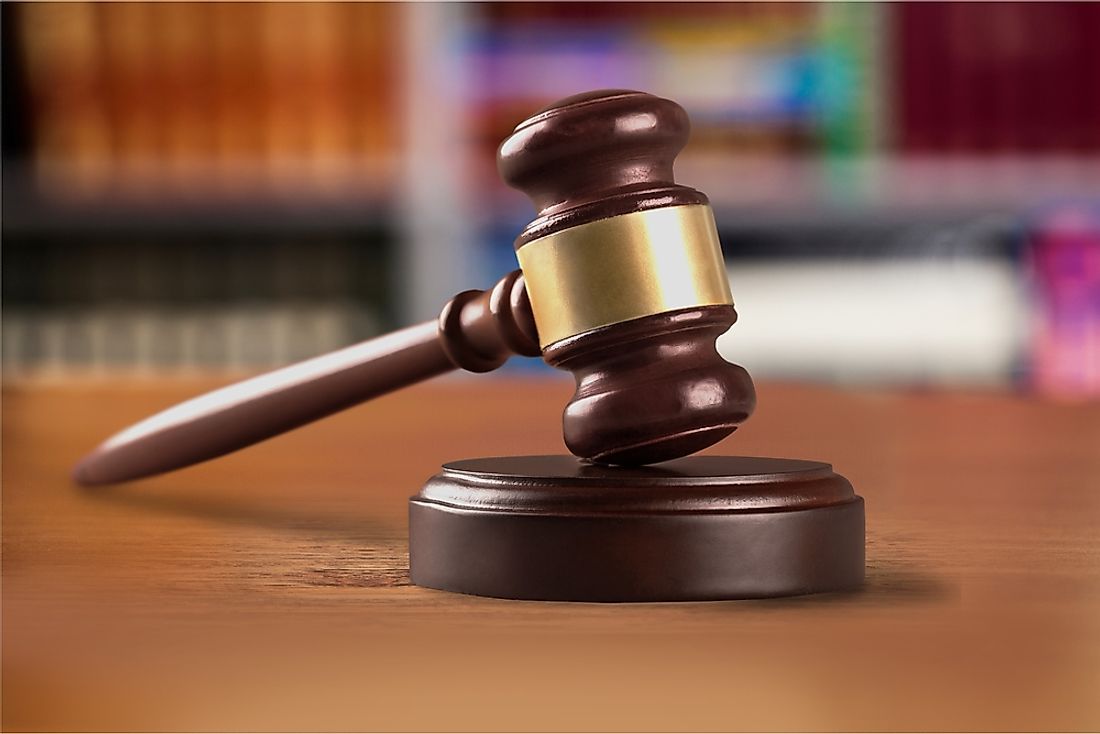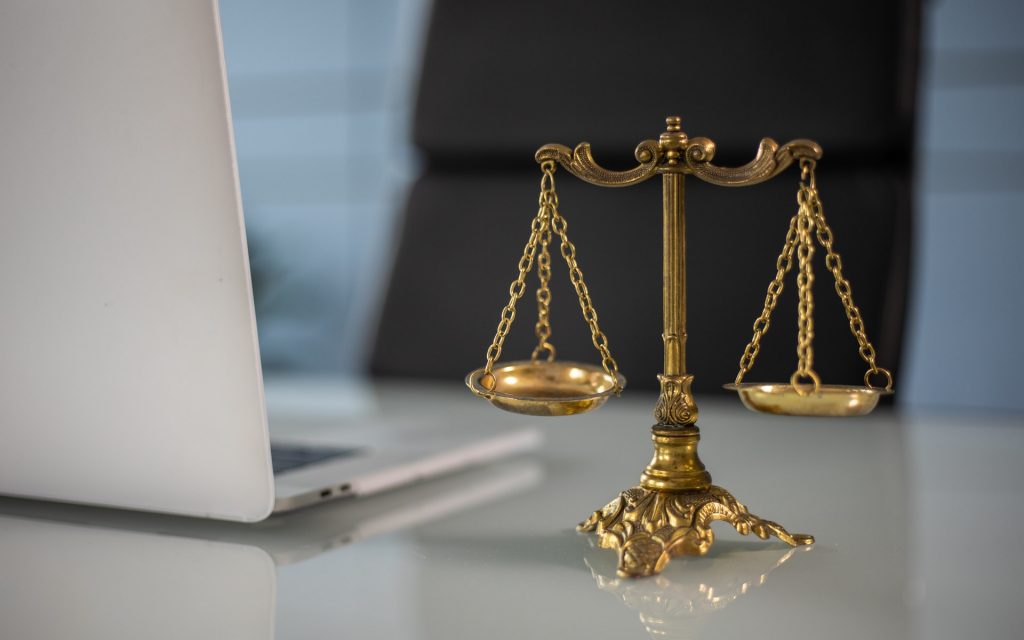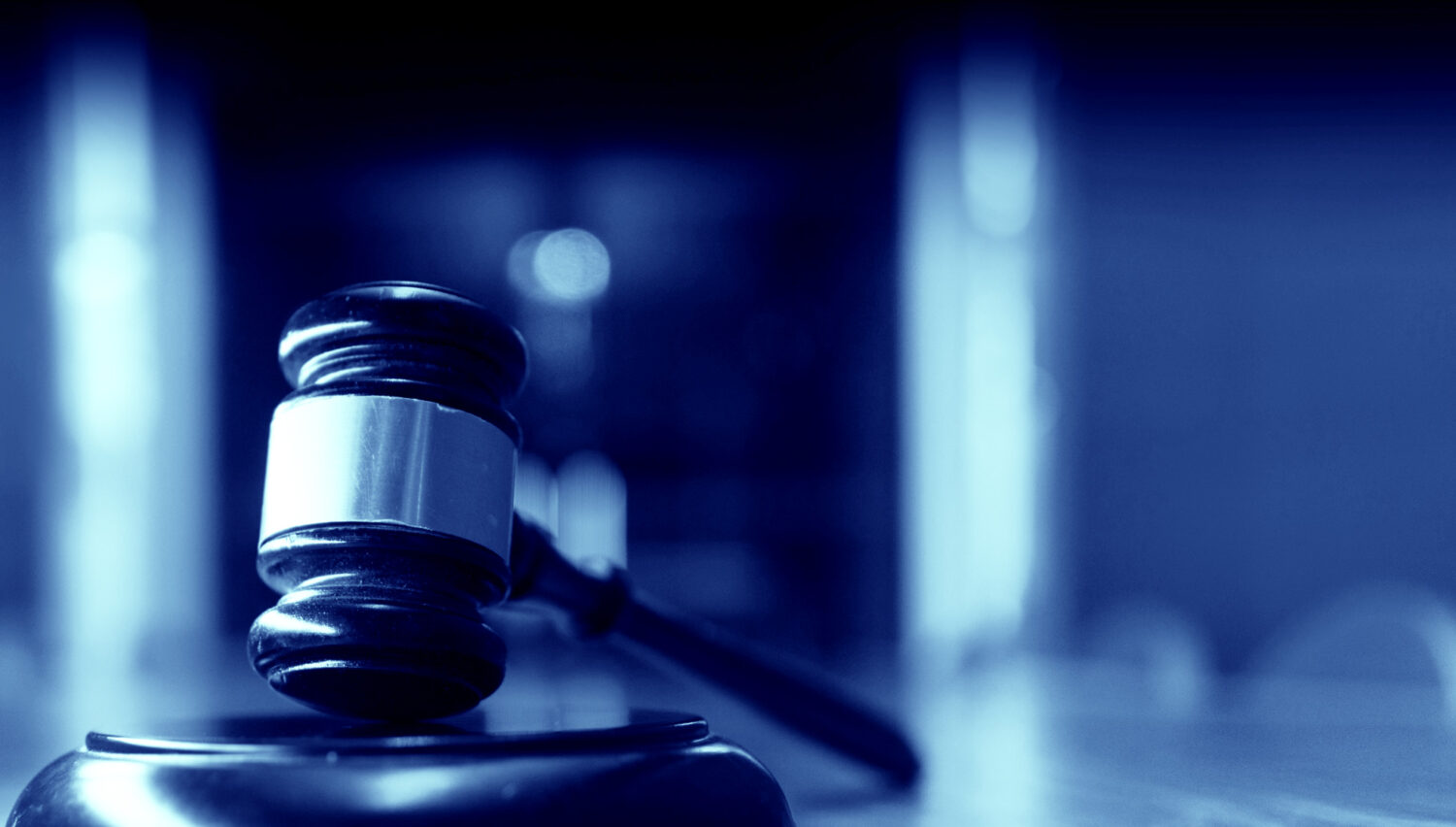The power of justice is an important concept in our society. It has a major influence on the way we live and interact with each other.
From determining how laws are enforced to understanding how individuals can be held accountable for their actions, exploring the role and impact of law in society is essential for creating a balanced and fair world. This article will delve into the complexities of justice and its implications on everyday life, from small-town disputes to global conflicts.
Well, look at how legal systems shape our lives, as well as what steps we can take toward ensuring that fairness prevails across all levels of government and civil life. Join us as we explore The Power Of Justice: Exploring The Role And Impact Of Law In Society!
The Power of the Law: Its Influence on Social Change
The law is a powerful tool for achieving social change, having an undeniable influence over the way people interact with one another and behave in society. Law has been used to protect citizens from injustice and ensure that their basic rights are upheld.
It can also be employed to promote positive social values, such as equality and justice, or combat negative ones like bigotry or discrimination. In this way, it can help shape our collective values and encourage us to strive toward creating a more equitable world.
In addition to providing safety and security for its citizens, the power of the law extends beyond just preventing harm; it can have far-reaching implications on how we view ourselves as individuals within society by setting standards of acceptable behavior that guide our actions every day. This means that when laws are enforced consistently across different sectors of society – whether they be economic regulations or workplace policies – there’s less room for bias or unfairness in decision making which could lead to unequal opportunities between members of different groups. Furthermore, legal measures taken at the state level often provide incentives for local communities to bring about meaningful changes in attitudes towards certain issues that would otherwise remain unaddressed due to lack of action from those affected directly – especially if these measures come into effect quickly enough before any deeply-rooted opinions become too entrenched in public perception.
Finally, even when laws cannot be implemented effectively due to their complexity or other practical obstacles posed by implementation difficulty; simply bringing attention to certain matters through legislation alone may create awareness where none existed before while simultaneously raising expectations amongst citizens who now understand what constitutes fair treatment according to their respective countries constitution.
Analyzing How Laws Shape Human Behavior and Interactions

As laws shape the behavior of individuals and their interactions with one another, it is important to understand how these legal structures affect society. Examining how different laws influence the actions of citizens can provide insight into how justice works in a given environment.
By analyzing court rulings or other legal documents, researchers can gain an understanding of why certain behaviors are deemed acceptable and others are punished. Furthermore, observing the effects that various legislative decisions have on public opinion can reveal which policies are most effective for ensuring stability in a given community.
This article will explore the role law plays in shaping human behavior and interactions by assessing its many forms—from social norms to criminal statutes—and exploring their consequences on people’s lives both individually and collectively. Lastly, this article will discuss potential solutions for improving existing legislation to ensure fairness within communities worldwide.
Exploring the Role of Courts in Upholding Justice for All
The judicial system is an integral part of our society, playing a key role in upholding justice for all. Courts are the ultimate decision-makers, responsible for interpreting and applying laws to ensure fairness and equality.
This power allows them to shape public policy and bring about social change through their decisions. The court system has been in existence since ancient times but its purpose remains just as relevant today as it did then: ensuring that everyone receives fair treatment under the law. Courts provide a forum where grievances can be heard, the evidence presented, arguments made, and ultimately a ruling handed down on the matter at hand.
They have broad authority to resolve disputes between parties by rendering judgments or issuing orders based on legal principles and established precedents. Through this process, they protect individuals from arbitrary actions by government entities or private individuals while upholding the rule of law within society.
In addition to settling disputes among citizens, courts also play an important role in protecting civil liberties such as freedom of speech or religion from being violated by governmental agencies or other entities who may seek to infringe upon these rights. Courts strive to guarantee civil rights no matter one’s economic status or political beliefs so that all persons may enjoy equal protection under the law regardless of any differences between them.
It is clear that courts serve an invaluable purpose when it comes to preserving justice for all members of society; however, there also exist certain challenges which must be addressed if we are truly going to achieve social equity in our communities today and tomorrow alike. By continuing to recognize the importance of maintaining strong judicial systems throughout our nation we can create lasting positive impacts on future generations’ lives now and into the future – creating true access to justice for every person living within our borders regardless of socio-economic background or personal beliefs
Conclusion

The power of justice is an important and far-reaching topic, one that has a tremendous impact on our society. It is essential to understand the role law plays in upholding justice, as well as its influence on the social order.
Laws can help protect vulnerable citizens from injustice and serve to ensure fairness among all members of a given society. For example, a Florida law firm works diligently to promote access to fair legal representation for those who may not otherwise have it. Ultimately, laws are necessary for creating a more equitable society where individuals feel safe and secure; they provide an invaluable source of stability in times of crisis or conflict.
The power of justice should never be underestimated if we want our societies to remain just places where everyone can live peacefully together with equal rights and privileges.

